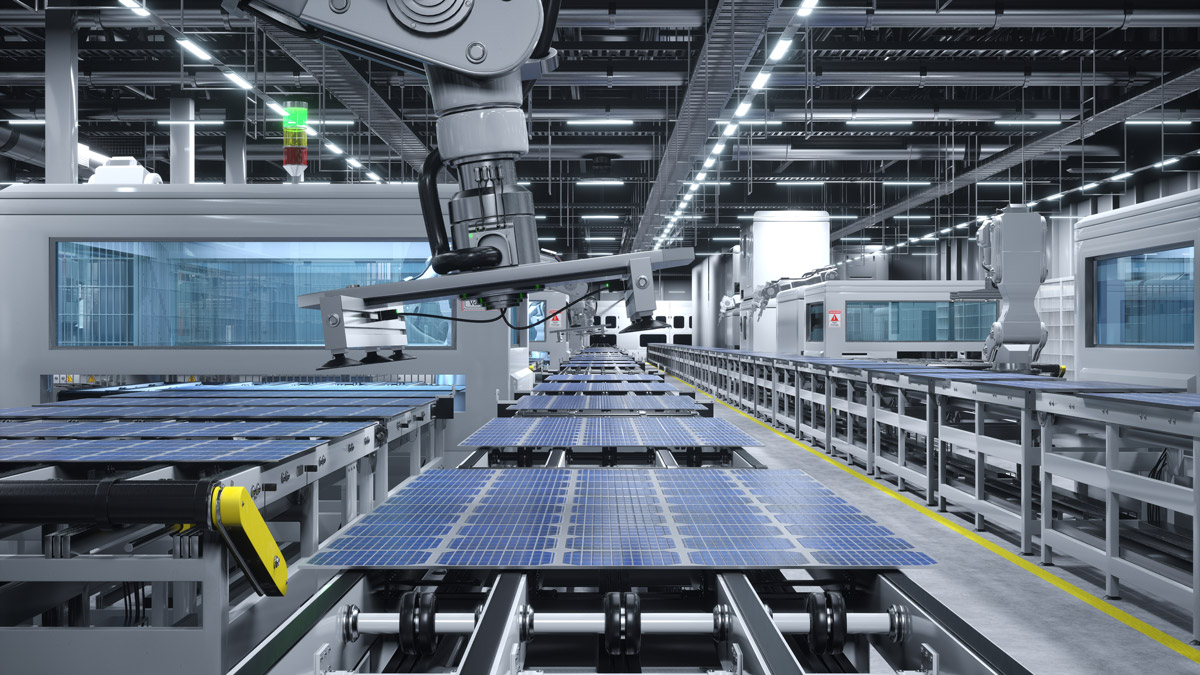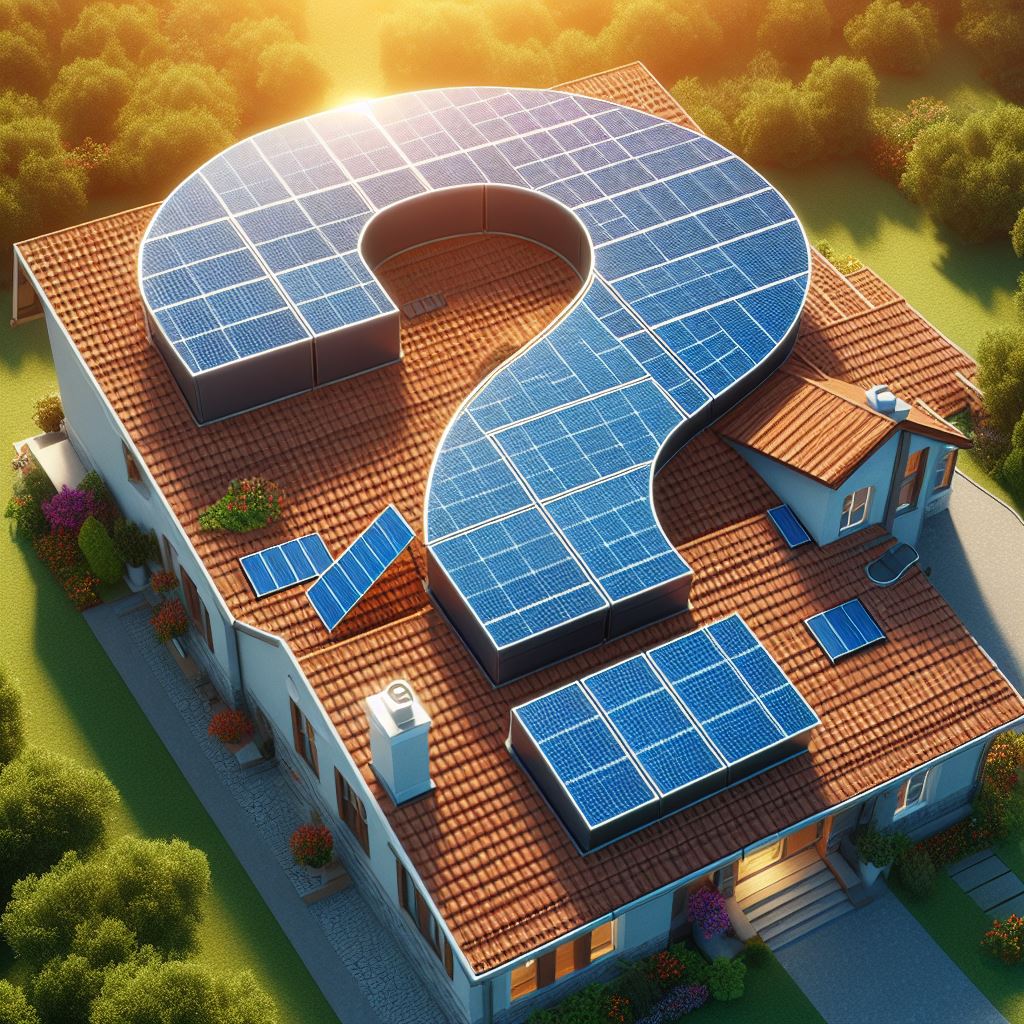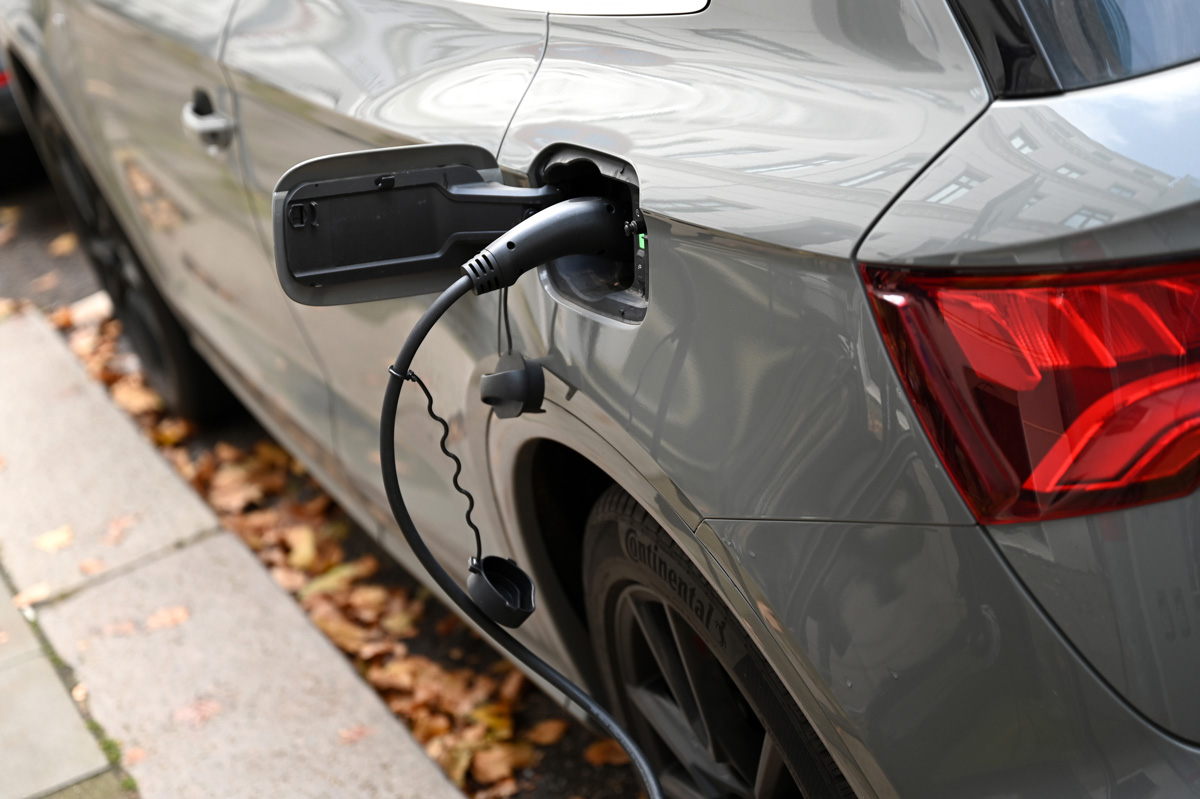You’ll have many questions when considering a solar panel installation in Edmonton. Perhaps the most fundamental of these queries is the specific type of solar panels you will use. Today, there’s not just one kind or style. There is substantial diversity in this space. That provides many options for consumers, but it can also be confusing.
Working with a proven solar company in Edmonton can help. However, it’s always advisable to research and explore the facts first. Here, we examine a few of the major categories where property owners have decisions to make about solar technology. First, you may have heard about panels of different tiers. What’s that about?
Tier 1 and Tier 2 Panel Manufacturing, Explained
Hearing about tiers can be confusing because it may imply that there are well-defined and different levels of solar technology. In reality, this term refers specifically to the manufacturers of the panels rather than the hardware themselves. A Tier 1 or Tier 2 panel might use various types of solar technology. How manufacturers create those panels makes the difference.
The tiers were created by Bloomberg New Energy Finance, an industry research group. Tier 1 is a specific definition based on a manufacturer’s financial health, manufacturing quality, warranty support and other elements. A Tier 1 company has a proven track record of quality panels and quality support, though at a higher cost.
Any manufacturers not ranked in Tier 1 automatically fall into Tier 2. This term is not official, so one cannot draw firm conclusions about the inherent quality of any Tier 2 company. These manufacturers may not have solid or extensive post-sales support. The panels may not meet the same cell quality level as others, and property owners must balance cost and quality at this stage.
Let us explore the differences between the actual panels themselves beyond the quality of their materials and manufacturing.
Mono vs. Multi: The Crystalline Debate
Here, we start to see physical differences between panels. Should you opt for a monocrystalline panel? Or should you choose a multi or polycrystalline panel? These terms refer to the physical state of the solar cell that captures and converts sunlight into power. Here’s what to know about each.
In a monocrystalline panel, the solar cell is what it sounds like – one single, large silicon crystal that comprises the entirety of each cell. In polycrystalline manufacturing, each cell contains multiple bonded crystals. This simple difference changes much about how each panel type performs.
Monocrystalline panels are more efficient and can generate power better. The single crystal allows for better absorption and usage of the sun’s rays, even on hotter days. However, the significant trade-off is cost: mono panels are more expensive. In comparison, multi-panels trade efficiency for cost-effectiveness. Multi panels require more space and larger installations but often provide competitive costs. However, mono panels may last longer, providing a reasonable price when averaged out over time.
There is no right or wrong answer as to which is better. The answer depends on your location, the level of shading and sun exposure, power consumption and other factors you must all consider.
What Are Half-Cut Panels?
A newer innovation in solar technology is the half-cut panel, which provides yet another option. Based on monocrystalline technology, half-cut panels are similar to what their name implies: a single panel gets split in half. Instead of functioning as a single large cell, the panels instead function separately from one another.
Half-cut panels are efficient and may be a robust choice for property owners who experience changing shade conditions. If shade falls over one-half of the panel, the other half can continue producing power without as much loss of current generating capability. Today’s technology continues to make panels more dynamic while expanding consumer choice.
Taking Your Next Steps
There are many elements to consider when selecting hardware for a solar panel installation in Edmonton. As a critical investment, getting it right the first time is essential. With so many decisions to make, experienced advice and insight are key.
At Tenet Power, a solar company in Edmonton, our mission is to help our clients make optimal choices for their long-term satisfaction with a solar power system. Our team deeply understands the current and emerging technologies in the solar space today. Every property owner faces slightly different needs and conditions. Speak with our team to learn more about choosing the right panels and evaluating the best solution for your property.











